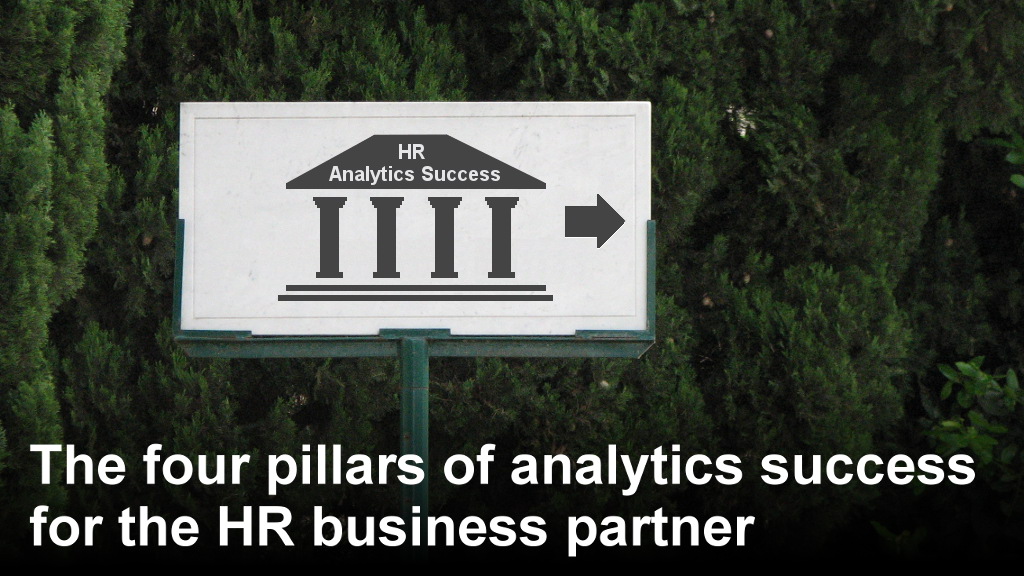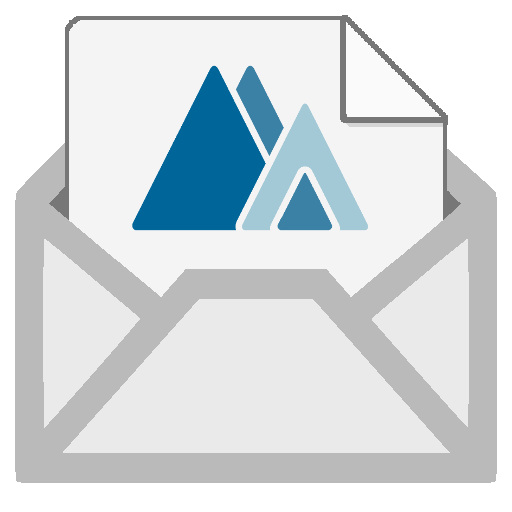RECENT POSTS
-
Pay Equity Disclosure is Just the Beginning
 06/06/2023
06/06/2023
-
Why Performance Reviews Matter for Pay Equity
 04/10/2023
04/10/2023
-
Risk-Based Workforce Planning
 06/17/2020
06/17/2020
-
How do we really know who feels excluded at work?
 09/30/2019
09/30/2019
-
Understanding Today’s Talent Landscape to Drive Diversity and Inclusion
 06/28/2019
06/28/2019
-
Key Take-Aways from the Conference Board's 13th Annual Human Capital Analytics Conference
 11/13/2018
11/13/2018
-
How happy are you with your workforce analytics technology?
 09/25/2018
09/25/2018
-
Is there room for more diversity on your workforce analytics team?
 07/10/2018
07/10/2018
-
How Unique Is Your Job Title?
 03/27/2018
03/27/2018
-
What's More Important: Performance Management or Workforce Planning?
 02/27/2018
02/27/2018
-
Going Where the Data Leads: Four Questions that You Need to Ask
 01/09/2018
01/09/2018
-
Workforce Analytics: Separating Hype from Substance
 12/19/2017
12/19/2017
-
Pacing Workforce Analytics to Win
 11/28/2017
11/28/2017
-
Selling Workforce Analytics: What's it Worth?
 11/01/2017
11/01/2017

Over our decades of experience specializing in workforce analytics, we’ve seen many changes. Perhaps most dramatic is the current pervasive desire to make analytics the mainstay of HR vs. an expertise-driven sub-discipline within the domain. While we applaud and agree that data and evidence impact most — if not all — that we do in HR, as with other things, bridging from current reality to this desired way of working is no small feat.
There are actually a number of strategic considerations when trying to build an HR analytics capability within an organization (see our prior post to review some of these factors: Pacing workforce analytics to win), but one stands out because it can be “make or break” for success and is seldom given sufficient time and attention.
Who can most accelerate HR analytics capability
throughout your entire organization?
The initial answer for many might be having an in-house HR analytics expert. And, certainly
this role is pivotal for most
organizations. That said, the greatest opportunity for broad-based adoption actually may
sit
with an existing and more prevalent HR role:
The HR business partner.
This group is:
- Typically closest to the business and understands their issues, priorities and tone (or, how things really work)
- Usually most equipped to talk in terms that resonate with their internal customers
- Known to be a lynchpin to drive the HR agenda forward and make it a reality
While few would likely argue the merits of building more analytical capability within this community, many are challenged to deliver on this need. There are several reasons for this challenge, and we’ll cover a few here.
What does "being analytical" really mean?
Let’s be clear: Outside of the sub-discipline of HR/workforce/talent/people analytics and a few other more analytically-driven areas of HR, most HR professionals do not need to be steeped in the mechanics of statistics, labor economics, industrial/organizational psychology and the like. That said, most would benefit from a basic understanding of some core fundamentals:
Goal Identification

Business leaders often describe symptoms of an HR problem rather than the root cause or most effective solution. While we don’t necessarily need business leaders to be able to make these distinctions, we do need someone to translate that business perspective into a productive, goal-oriented research agenda. Just as a person with a more severe illness might see a doctor and explain their symptoms, an HR business partner provides a similar service by effectively translating talent challenges into potential hypotheses and goals that can be researched and supported or removed from consideration.
Testing

Let’s be blunt. Research design is the aspect of this work that may benefit most from an educational or experiential background in analytics. Even so, there are core analytics that are more widely used and understood and can provide constructive, if not sufficient, insights in most research efforts. Here, we are not expecting HR business partners to be steeped deeply in more complex analytic methods, but we are hoping that they can assemble and view basic factors identifying variances — or, differences within a particular factor or across factors. One can look at variance by grouping segments (e.g., percentiles), creating standard deviations, understanding medians vs. means, etc.
Diagnosis

Interestingly, HR business partners frequently leave testing and diagnosis to "the experts". While that model can be beneficial for testing, it is not equally true for diagnosis. Yes, it is generally the case that analytical experts know how to evaluate and interpret the output from analytical studies, but they typically are not as close to the business as HR business partners, by functional design. This — albeit intentional — detachment could lead to missed links in the analysis or misunderstood output and interpretation. HR business partners can be great resources in identifying these missed or misunderstood elements.
Making Case for Change

It is not surprising that so many articles and books are popping up that focus on data visualization and storytelling at a time when we are trying to be more analytical. Even with the most powerful evidence, we are repeatedly challenged to drive change without a compelling way to convey key messages to target stakeholders to influence their behavior. As the representative that regularly drives HR processes throughout the organization, HR business partners tend to be powerful storytellers and this skillset can be leveraged to cut through the analytical "clutter" and to focus on what’s needed to support effective decision-making.
Why should HR business partners care?
Perhaps, rather than focus on what HR business partners can do to be more analytical (if not already so), we should ask the question: Why should HR business partners care about analytics? After all, the role of the HR business partner is intense and rarely over-staffed. And, with so many HR functions either moving to, or already existing in, a strategic partnership orientation for the role of the HR business partner, one could debate the relative relevance or importance of analytics within that role’s design.
In fact, analytics are well worth the time of the HR business partner and many already recognize and leverage data to inform their leadership decision-making process. Just as change is the blessing or bane for sustained business success, analytics or, more aptly, evidence is a key pillar of driving change. HR business partners are a known change agent for organizations and, as such, analytics (and being analytical) are essential tools to help them drive and deliver change within their organizations. What better way to align leaders than to show them the facts and consequences of their actions!
Just as change is the blessing or bane for sustained business success, analytics or, more aptly, evidence is a key pillar of driving change.
* * * * * * * *
As with our newsletters, we wanted to end this blog with a quote: "One can rarely achieve greatness on the path of least resistance" – Wes Fesler
